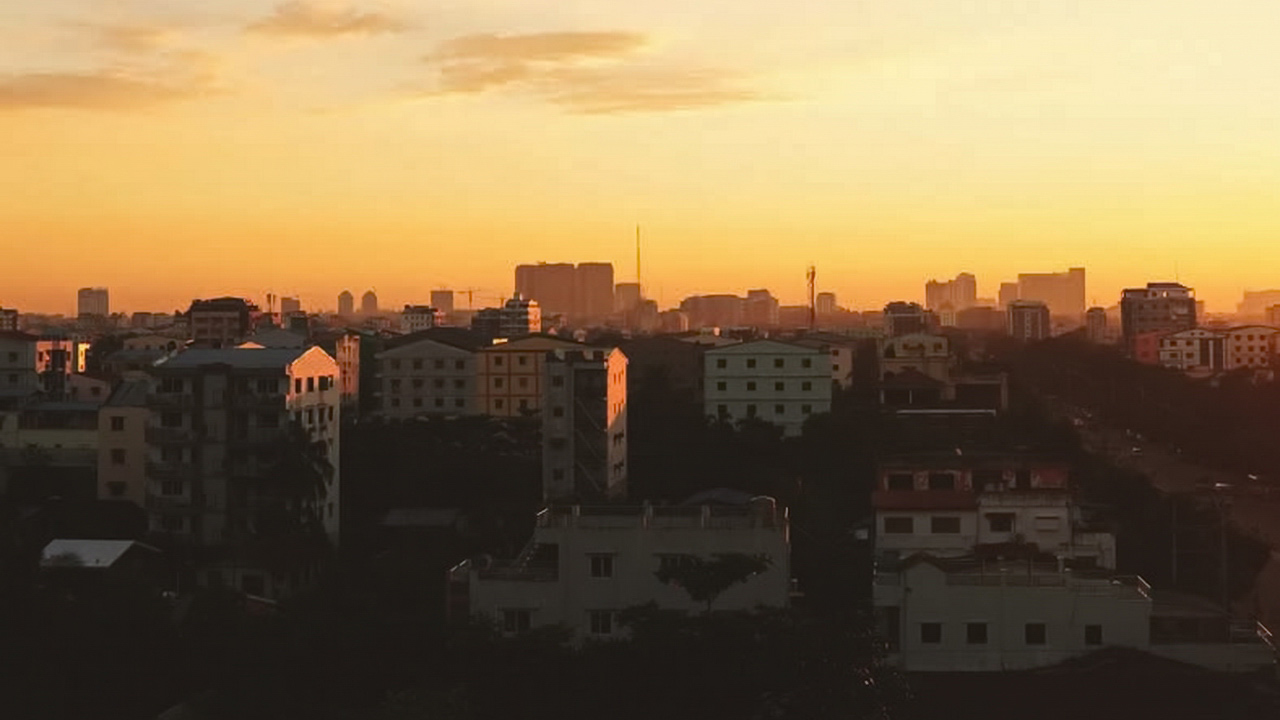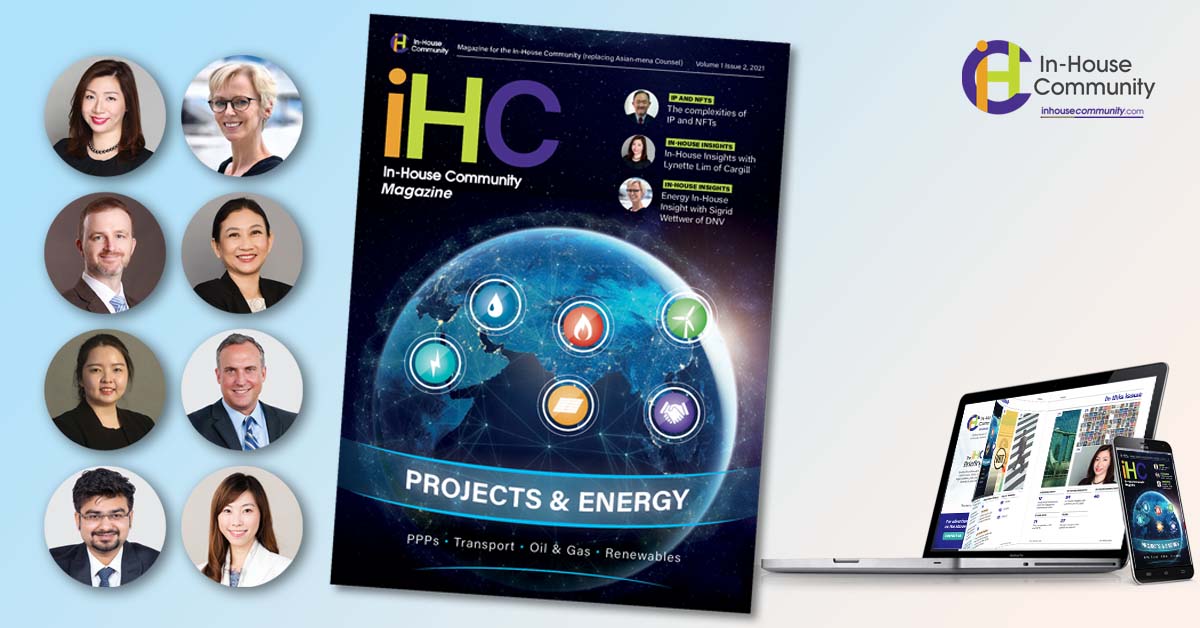
Many foreign investors expected to see an upsurge of new or rekindled existing energy projects in Myanmar during 2021. They hoped the November 2020 elections would be the catalyst for the continued liberalization and expansion of Myanmar’s energy sector.
The most noteworthy project tender of 2020 was the Solar Power Tender issued by the Electric Power Generation Enterprise (EPGE) under the Ministry of Electricity and Energy (MOEE) for the purchase of electricity at Designated Connection Points from independent power producers at 30 sites across the country.
The combined capacity of the power plants was projected to be about 1 GW and construction would begin in 2021 as per the EPGE’s tender conditions. There were other LNG-to-power and infrastructure projects for which preferred concessionaires were selected and negotiations well underway.
As predicted, the Aung San Suu Kyi-led National League for Democracy (“NLD”) was voted into power with a resounding majority. However, on 1 February, 2020, a state of emergency was declared by General Min Aung Hlaing, Commander-in-Chief of the Defense Services. Suu Kyi along with other senior members of the NLD were arrested and put under house arrest. The combined powers of the legislative, executive and judicial branches were vested with the State Administrative Council (SAC).
As a result, most projects are halted or in limbo and project developers are increasingly wary of continued activity given the legal uncertainty of the current regime and certification status of their projects.
Legal And Regulatory Framework For Projects
The regulatory flow for projects in Myanmar typically follows a pattern where the project company (set up by the investor) negotiates an agreement with the relevant government party, obtains the necessary approvals/land rights and begins operations.
In the example of the 2020 solar power projects, the respective investors of the 30 sites first negotiated the clauses of the Power Purchase Agreement (PPA) with the EPGE on specifics such as: take-or-pay arrangements, contractual payments, curtailment clauses, equity payment arrangements, liquidated damages and others.
The licensing and permitting process then commenced. This is where a company typically deploys most of its efforts in obtaining licenses and approvals to produce electricity. These include the Investment Permit issued by the Myanmar Investment Commission (MIC), Environmental Compliance Certificate and Social Impact Assessment from the Ministry of Natural Resources and Environmental Conservation, the Exporter and Importer Registration Certificate and License from the Ministry of Commerce, the Construction Permit from the Regional or State City Development Committee, the Electric Safety Certificate (as an electricity consumer) from the MOEE, the Fire Safety Certificate from the Fire Services Department, the Private Industrial Enterprise Registration Certificate from the Ministry of Planning, Finance and Industry and the Electricity Generation Permit from the MOEE.
Some of the most important regulatory hurdles for energy projects in Myanmar concern land use rights. According to the Transfer of Immovable Property Restriction Act of 1987 (TIPRA), foreign entities or individuals are restricted from owning immovable property in Myanmar. The TIPRA also restricts the duration of leases allowed for foreign individuals or entities which are limited to immovable property leases for a maximum term of one year.
Nonetheless, foreign entities or individuals may enter into long-term leases for up to 50 years, renewable twice for ten years at a time. This is subject to obtaining a permit or endorsement from the MIC (the application for the land use rights authorization is submitted together with the investment application).
Furthermore, Myanmar has various types of land. If a project is being constructed on land other than free-hold, grant land or commercial land leased from the government, it must be converted into commercial land. The process entails an application at the township level and in certain cases (like farmland) this can go all the way up to the Union Government level. It is important to conduct due diligence on the type of land to understand its form for further action and to establish clearer estimates of the time-frames involved.
For most energy projects, farmland along with virgin, fallow and vacant (VFV) land is typically used. Farmland cannot be used for purposes other than farming (the cultivation of rice and other seasonal crops, plantations etc.). Any person who wants to use farmland must apply for utilization rights to the central land management committee through the relevant township authority.
The conversion of farmland for purposes other than farming is usually known as La-Na 30, in accordance with the Farmland Law 2012 and the implementing Farmland Rules. If it is VFV land, applications for land use rights are similar to the process to convert farmland, i.e. the application must be submitted step-by-step through to the relevant township, district and regional VFV land Management Committee. The final approval is issued by the Central Land Management Committee in Nay Pyi Taw. The acquisition of land-use rights for any piece of land in Myanmar is usually a time-consuming process but should be done before building the power plant.
In a nutshell, investors must set up local project companies in Myanmar to negotiate agreements with government counterparties, obtain the necessary licenses and approvals before commencing operations.
Conclusion: Potential Challenges And Future Outlook
The Covid-19 pandemic and the one-year state of emergency both caused severe disruptions to projects across Myanmar. The global condemnation and sanctions on key senior military personnel and businesses owned by the junta deeply affected many projects in Myanmar.
Indeed, several high-profile corporate players in Myanmar’s energy market began to pull out over the first few months of 2021. Other projects that were expected to start have been delayed. For instance, the key milestones in the solar power PPA had scheduled commercial operations to begin in 2021. Such investors have faced significant issues in terms of obtaining approvals, licenses and permits along with difficulties in conducting land diligence exercises and land conversions. The disrupted flight schedules to and from Myanmar have also severely impacted projects where the physical presence of investors is needed.
Some investors in the power, oil and gas and infrastructure sector have decided to claim force majeure relief and write to the relevant government party.
However, the junta has repeatedly stated that Myanmar would continue to support and facilitate investment promotion. The regime has re-iterated that all government contracts, treaties and conventions would be honored and foreign investors would not face expropriation or nationalization of their assets. All pro investor laws including the Myanmar Investment Law (MIL) are untouched and the guarantees against nationalization have so far been upheld. The protections under the MIL include the following:
- The government guarantees not to take any measures which expropriate or indirectly expropriate, or is likely to effect a result in the termination of an investment, unless it is actually necessary for the interest of the Union or its citizens.
- Any expropriation would be made in a non-discriminatory manner according to applicable laws.
- Prompt, fair and adequate payment of compensation for any expropriation.
The junta has not taken any adverse actions against foreign investors in Myanmar nor has it passed any laws, rules, notifications or guidelines which would deter foreign investors from investing in the country.
However, the political turmoil has made it extremely challenging for project investors. The civil disobedience movement, disruption to the banking system and the devaluation of the local currency (kyat) have resulted in investors taking a cautious “wait and see” approach in Myanmar.
The next two quarters of 2021 will be key in determining the future of foreign investment in Myanmar’s energy sector. With the de-escalation of political tension and the resumption of regular business, the junta will need to pursue considerable trust-building measures to restore the confidence of foreign investors willing to invest significant amounts of capital in the Myanmar energy market.
If you require advice on any of the issues raised in this briefing, please contact the authors below.
Yangon / № 134/A, Than Lwin Road, Golden Valley Ward (1) Bahan Township (GPO Box 729)
https://dfdl.com/locations/myanmar/
*This article is the IHC Magazine’s off-shore update for April 2021 issue. Click here to read the full magazine
























